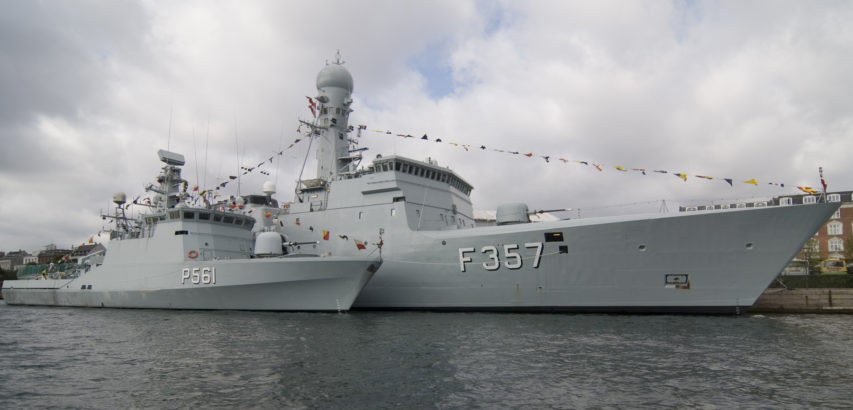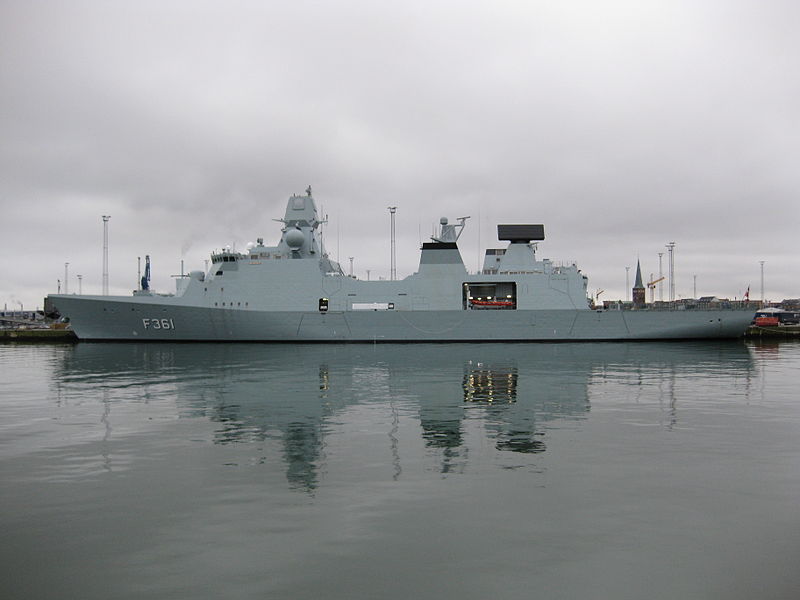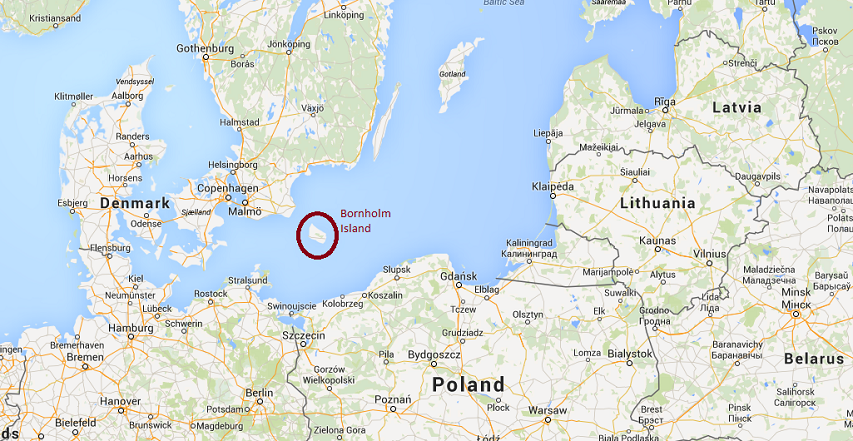Ilya Somin says that replacing private decisions with “rational” government nudges does not guarantee that there are no cognitive biases still being expressed:
Economist Richard Thaler recently won the 2017 Nobel Prize in economics for his important work documenting widespread cognitive errors in human decision-making. All too often, people fail to act as rationally as conventional economic models assume, and at least some of those errors are systematic in nature. Such errors can lead to mistakes that greatly diminish our health, happiness, and welfare.
Thaler and many other behavioral economics scholars argue that government should intervene to protect people against their cognitive biases, by various forms of paternalistic policies. In the best-case scenario, government regulators can “nudge” us into correcting our cognitive errors, thereby enhancing our welfare without significantly curtailing freedom.
Irrational Nudgers
But can we trust government to be less prone to cognitive error than the private-sector consumers whose mistakes we want to correct? If not, paternalistic policies might just replace one form of cognitive bias with another, perhaps even worse one. Unfortunately, a recent study suggests that politicians are prone to severe cognitive biases too – especially when they consider ideologically charged issues. Danish scholars Caspar Dahlmann and Niels Bjorn Petersen summarize their findings from a study of Danish politicians:
We conducted a survey of 954 Danish local politicians. In Denmark, local politicians make decisions over crucial services such as schools, day care, elder care and various social and health services. Depending on their ideological beliefs, some politicians think that public provision of these services is better than private provision. Others think just the opposite. We wanted to see how these beliefs affected the ways in which politicians interpreted evidence….
In our first test, we asked the politicians to evaluate parents’ satisfaction ratings for a public and a private school. We had deliberately set up the comparison so one school performed better than the other. We then divided the politicians into two groups. One group got the data — but without any information as to whether the school was public or private. The schools were just labeled “School A” and “School B.” The other group got the exact same data, but instead of “School A” and “School B,” the schools’ titles were “Public School” and “Private School.”
If politicians are influenced by their ideologies, we would expect that they would be able to interpret the information about “School B” and “School A” correctly. However, the other group would be influenced by their ideological beliefs about private versus public provision of welfare services in ways that might lead them to make mistakes….
This is exactly what we found. Most politicians interpreting data from “School A” and “School B” were perfectly capable of interpreting the information correctly. However, when they were asked to interpret data about a “Public School” and a “Private School” they often misinterpreted it, to make the evidence fit their desired conclusion.
Even when presented additional evidence to help them correct their mistakes, Dahlmann and Petersen found that the politicians tended to double down on their errors rather than admit they might have been wrong. And it’s worth noting that Denmark is often held up as a model of good government that other countries should imitate. If Danish politicians are prone to severe ideological bias in their interpretation of evidence, the same – or worse – is likely to be true of their counterparts in the United States and elsewhere.






